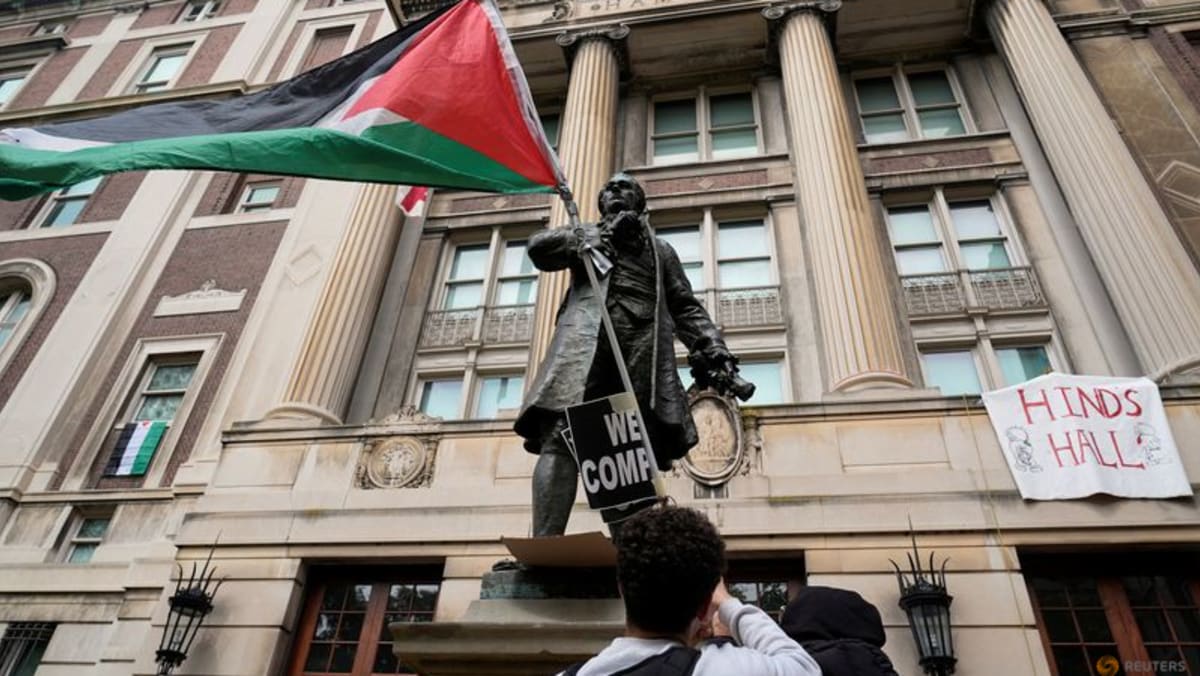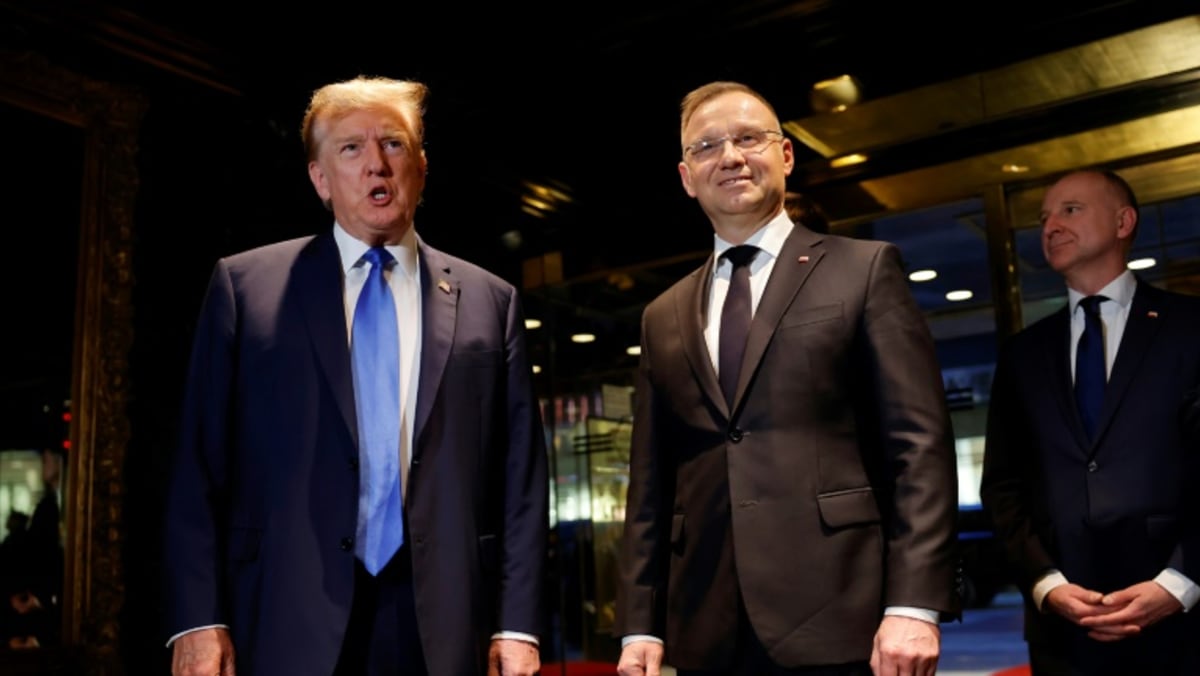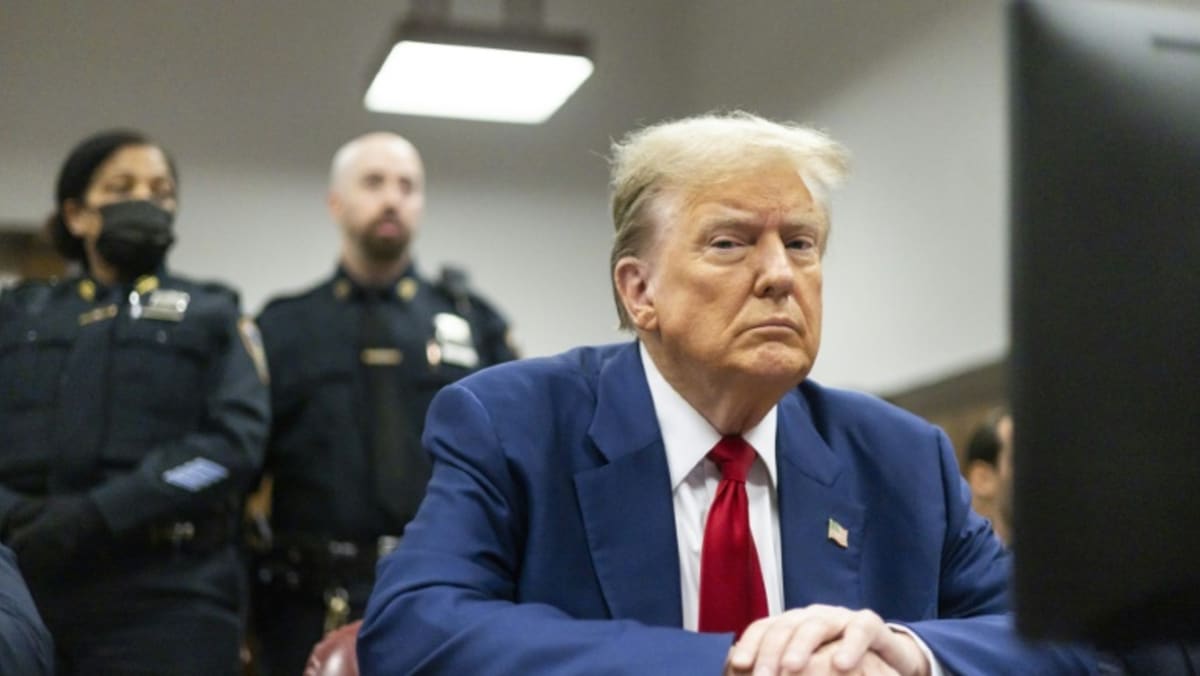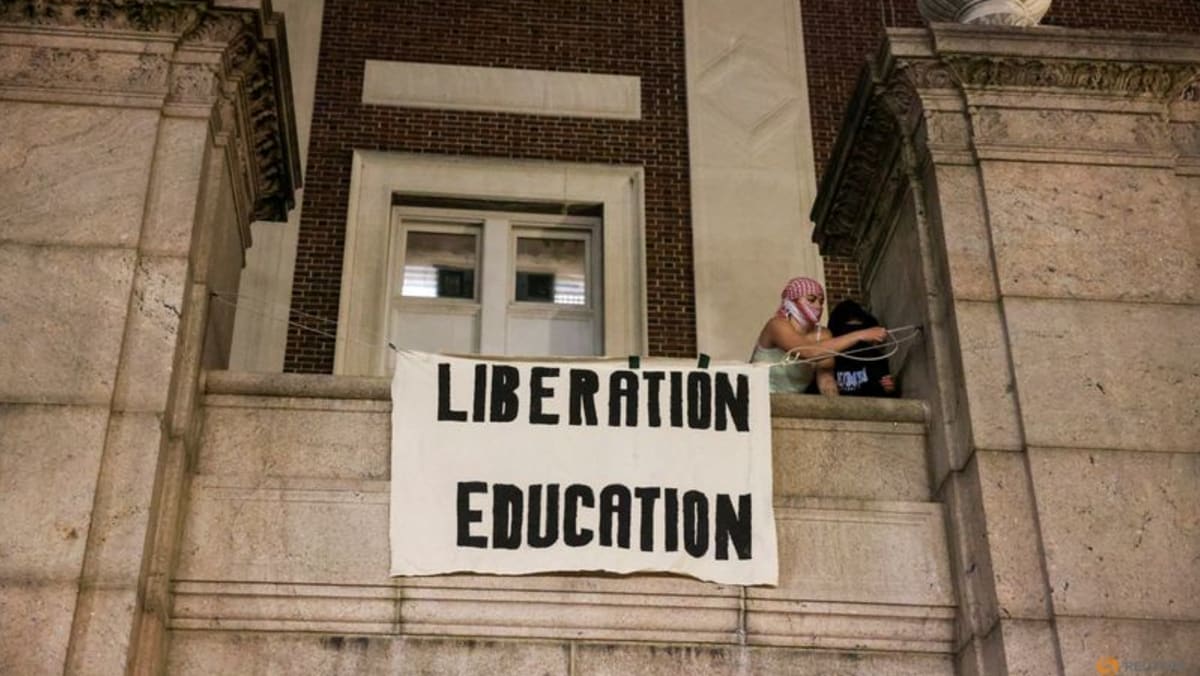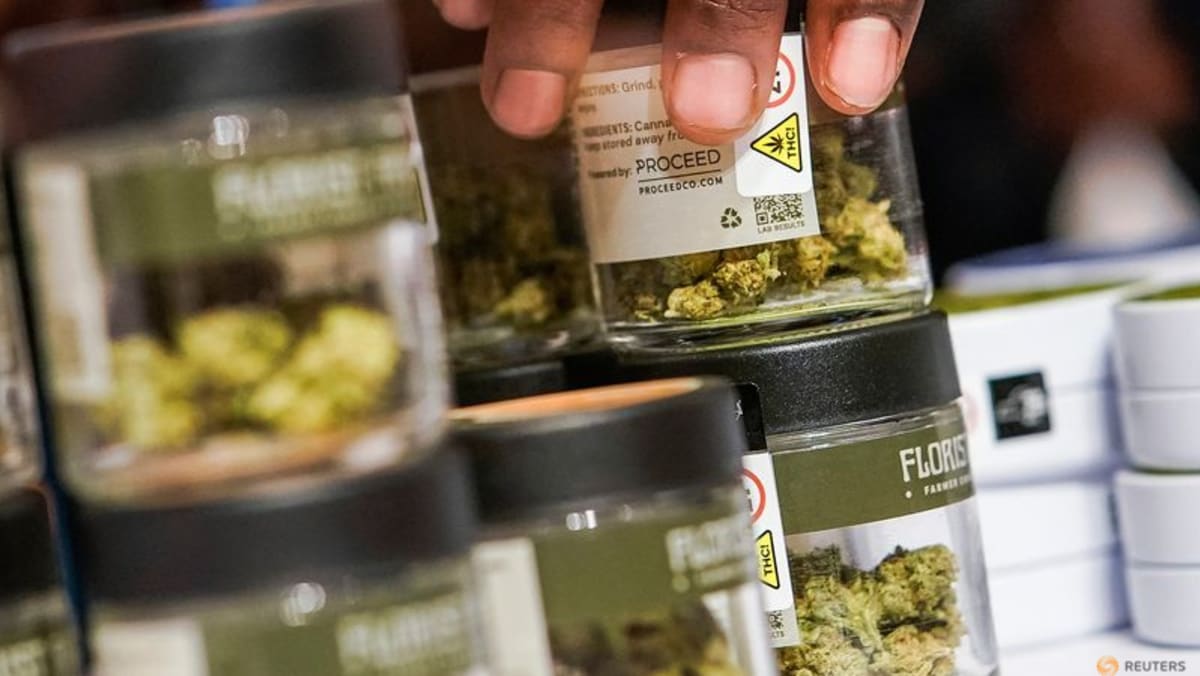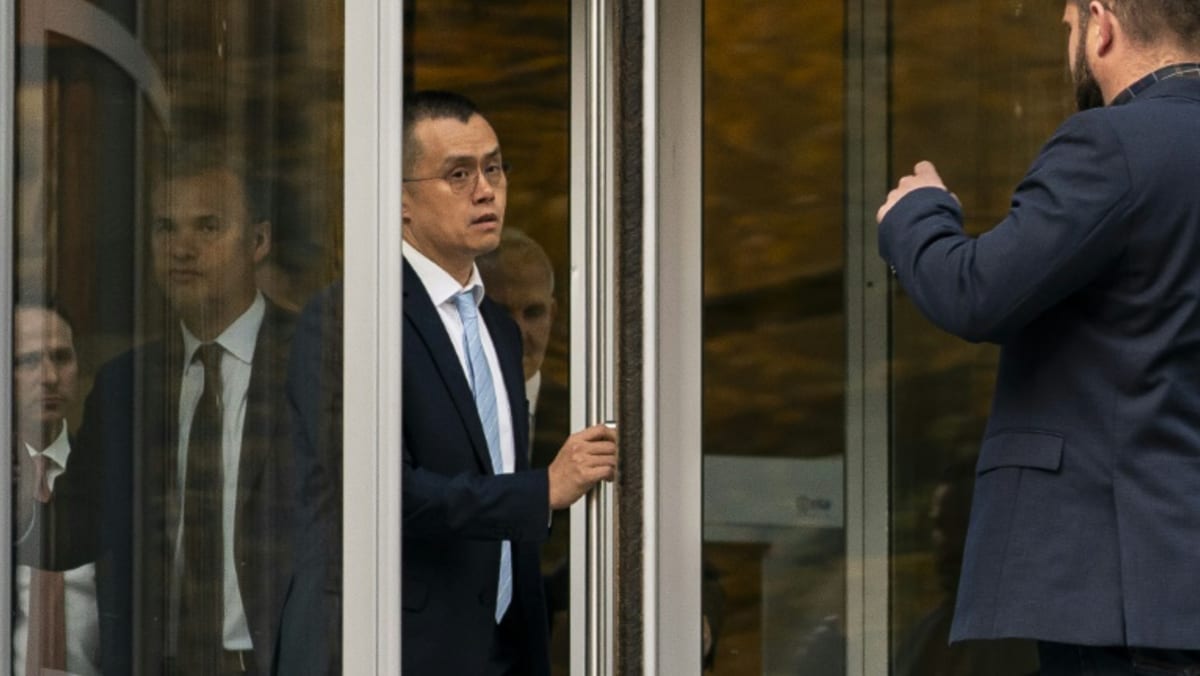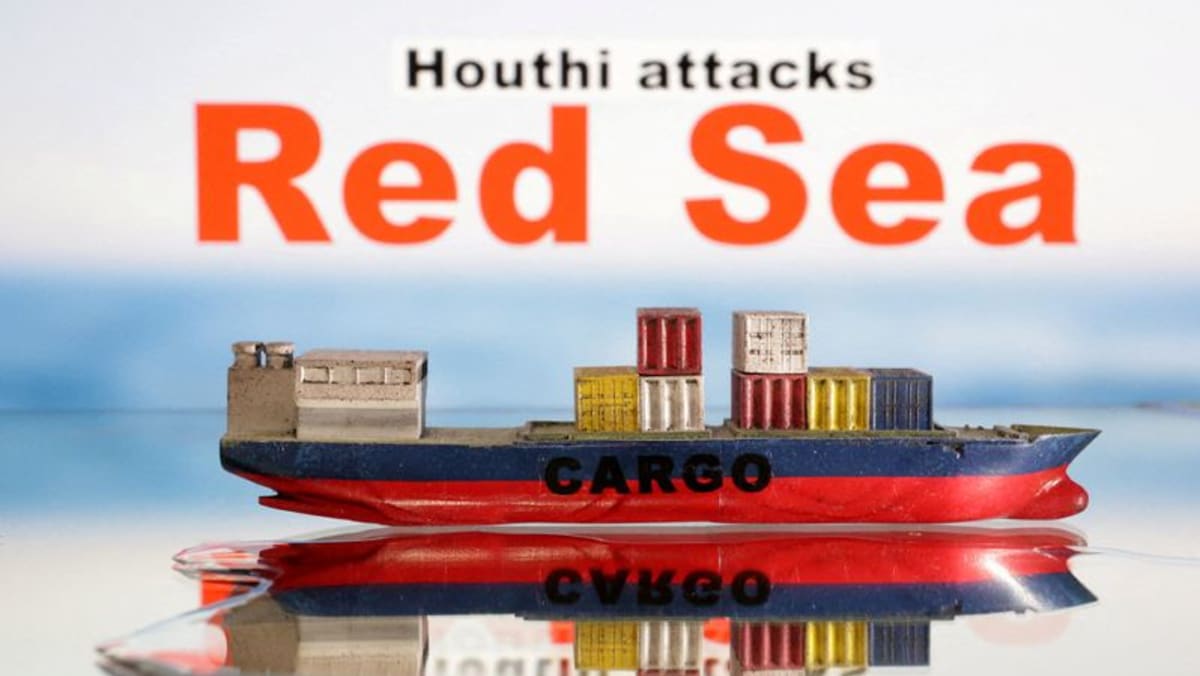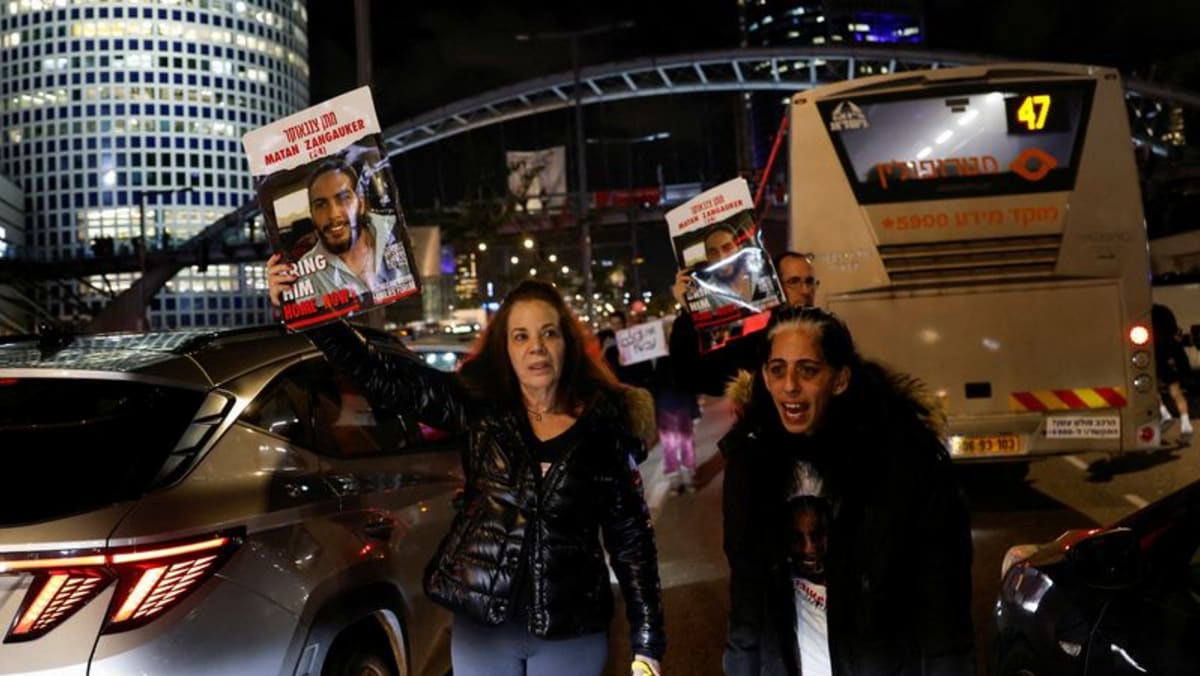WASHINGTON: Receiving dignitaries at his Florida estate and courting leaders shunned elsewhere as autocratic, Donald Trump is increasingly leading a shadow diplomacy diametrically opposed to US President Joe Biden.
The Republican mogul, in the unusual role of a former president running again for the top job, has turned to trusted faces both at home and abroad and sought to scuttle some of Biden’s top foreign policy priorities.
Trump’s supporters have for months held up billions of dollars in military aid to Ukraine, which the president has vowed to defend, and Trump has insisted that Biden’s “weaknesses” encouraged Iran to launch its major attack on Israel.
Polish President Andrzej Duda, a conservative who has described the European Union as “an imaginary community from which we don’t gain much”, met with the White House hopeful on Wednesday at his Trump Tower in Manhattan.
“He’s done a fantastic job and he’s my friend, and we had four great years together” when the two were president at the same time, Trump said, standing alongside Duda in a video clip posted on Trump’s Truth Social account.
“We may have to do it again.”
British Foreign Secretary David Cameron, a former prime minister who had once denounced Trump as “protectionist, xenophobic, misogynistic,” recently made the trek to the Republican’s Mar-a-Lago home to dine with him and make the case on helping Ukraine.
Cameron was an unusually traditional character to see Trump. In March, Trump received Hungarian Prime Minister Viktor Orban, an avowed nationalist who has long thumbed his nose at the European Union on issues dear to the American such as migration.
Speaking afterward on CNBC, Trump praised Orban as a “tough man” and for his “wonderful statement” that “we will solve the problems of the world if Donald Trump comes back.”
NOT ON “MY WATCH”
A potential Trump return has caused unease among many traditional political leaders in US allies. Earlier this year Trump warned of siding with Russia over NATO allies who “don’t pay (their) bills,” a reference to defense spending targets.
Trump said he would “encourage” Russia to “do whatever the hell they want” to countries that do not pay. NATO considers an attack on one ally an attack on all 32.
Brian Finucane, who watches US foreign policy for the International Crisis Group, said it was likely – but not certain – that Trump would not support military aid to Ukraine and that he would hold off on pressuring Israel.
Trump’s statements have been along the lines of “It wouldn’t happen on my watch, and if I were president, I would solve it immediately,” Finucane said.
“But he’s pretty light on the details,” he said.
“It would depend on the foreign policy team he has around him. And there again, there is a higher uncertainty because there seems to be divisions within the GOP foreign policy community” between traditional hawks and those who favor less international involvement, he said.

